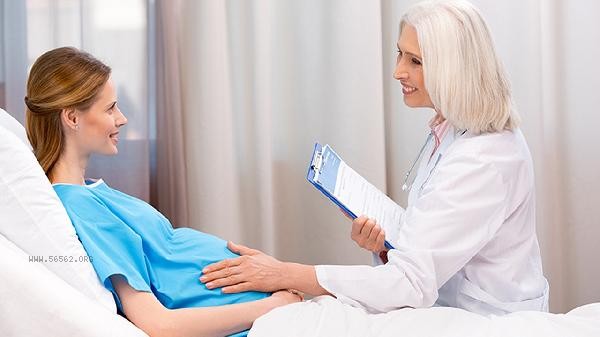Not getting pregnant after one year of marriage may be related to factors such as ovulation disorders, blocked fallopian tubes, sperm quality issues, mental stress, and improper sexual intercourse time. It is recommended that both husband and wife seek medical examination together, clarify the cause, and intervene accordingly.

1. Ovulation disorders
Female menstrual cycle disorders or amenorrhea may lead to abnormal ovulation. Polycystic ovary syndrome, thyroid dysfunction, and other diseases can affect follicular development and can be diagnosed through ultrasound monitoring of ovulation or six hormone tests. Regular sleep and weight control can help improve the endocrine environment, and if necessary, ovulation inducing drugs should be used under the guidance of a doctor.
2. Blockage of fallopian tubes
Pelvic inflammation or previous surgical history may lead to tubal adhesions. Hysterosalpingography can evaluate patency, and laparoscopic surgery can relieve mechanical obstruction. Acute pelvic inflammatory disease requires timely anti infective treatment, while chronic inflammation can be treated with traditional Chinese medicine combined with physical therapy.
3. Sperm quality issues
Low semen volume, low vitality, or high deformity rate in males can affect the probability of conception. Varicocele and reproductive tract infection are common causes that require routine semen examination. Quit smoking, limit alcohol consumption, avoid high temperature environments, and for severe cases, take Shengjing tablets or vitamin E preparations according to medical advice.

4. Mental stress
Long term anxiety and tension can inhibit hypothalamic function, affecting female ovulation and male testosterone secretion. Couples should avoid overly focusing on pregnancy outcomes and relieve stress through exercise and meditation. psychological counseling can improve intimate relationship disorders caused by fertility anxiety.
5. inappropriate timing of sexual intercourse
Missing the ovulation period during sexual intercourse can reduce the chances of conception. Basal body temperature monitoring and ovulation test strips can help determine ovulation day, and those with regular menstrual cycles can increase their frequency of sexual intercourse between the 10th and 16th days of the cycle. Avoid using vaginal lubricants to avoid affecting sperm activity. During the preconception period, both parties should maintain a balanced diet, supplement folic acid and zinc in moderation, and avoid exposure to radiation and toxic chemicals. Aerobic exercise 3-5 times a week can improve blood circulation in the reproductive system, but vigorous exercise should be avoided. If no clear cause is found through systematic examination, assisted reproductive technologies such as artificial insemination can be considered, and all treatments must be carried out under the guidance of professional physicians.










Comments (0)
Leave a Comment
No comments yet
Be the first to share your thoughts!